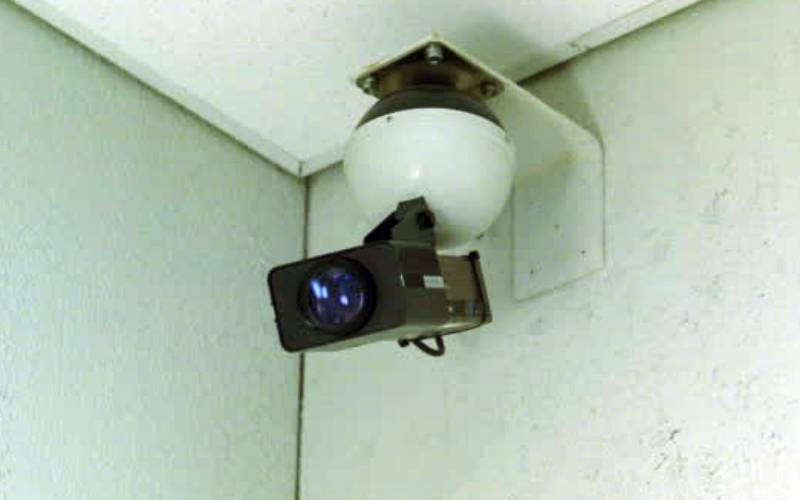×
The Standard e-Paper
Join Thousands Daily

A famous politician in Kenya recently found herself shooting to the top of Twitter trends in the country after nude pictures alleged to be hers leaked online.
The politician is yet to confirm or deny whether she was the person pictured naked in bed.